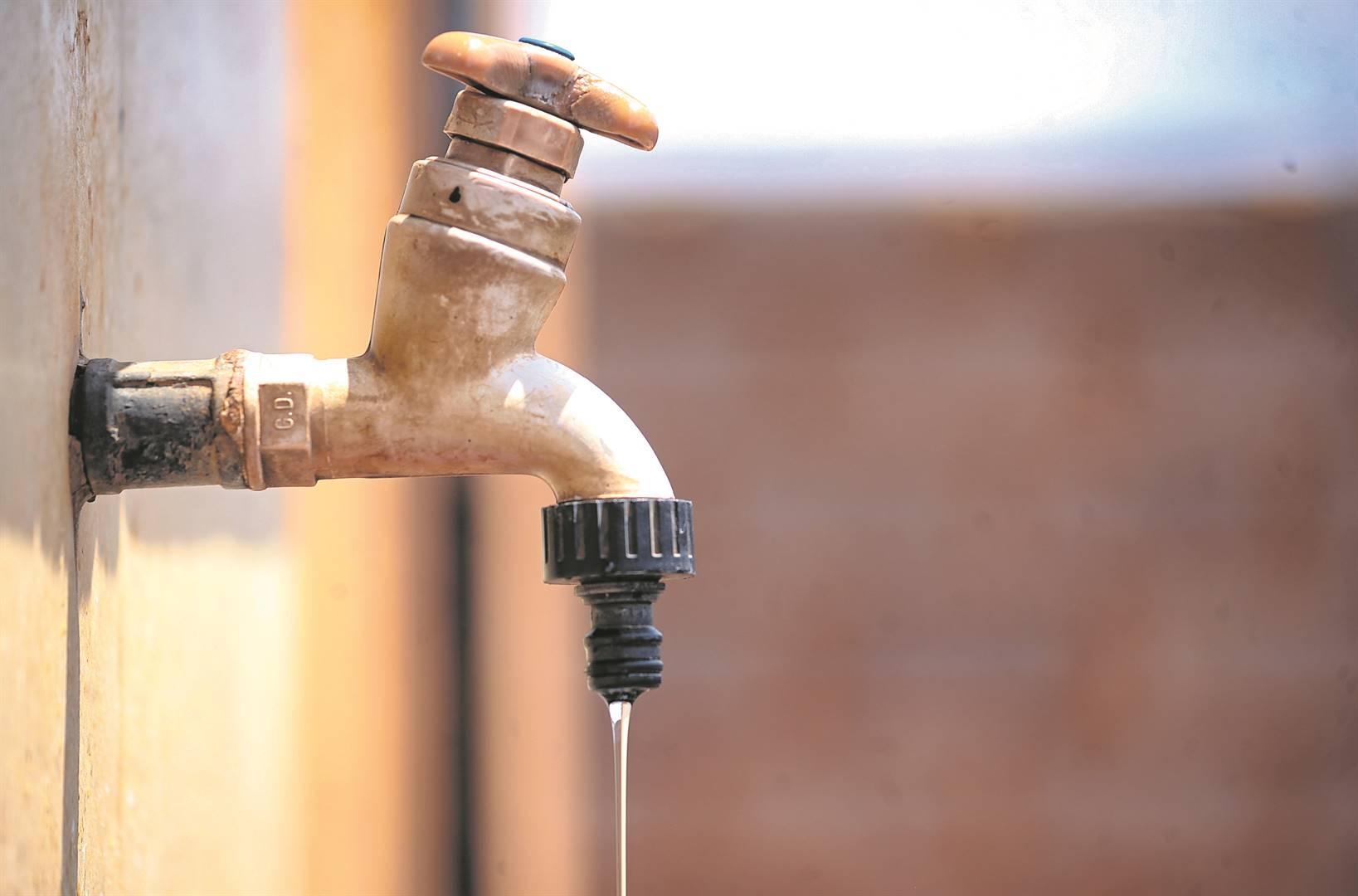Africa-Press – South-Africa. Gauteng metros are using more and more water, but increasingly falling behind on paying for the resource.
Bulk water supplier Rand Water told reporters on Friday it made no sense for customers to get into debt over drinking water that they wasted on watering the grass.
Municipalities owe a collective R5.3 billion.
Rand Water CEO Sipho Mosai said municipalities’ failure to pay affected the entity’s ability to upgrade its infrastructure, which had a knock-on effect on its ability to supply water.
The bulk water supplier supports 18 municipalities, 46 mines and 959 industrial and direct consumers in Gauteng, Mpumalanga, the Free State, and Northern Cape.
Mosai hosted reporters at Rand Water’s headquarters to address issues affecting water supply to its 19 million consumers.
This after major water interruptions in many areas in the northern provinces, especially Gauteng’s three metros which are densely populated.
“There are financial implications of increasing the water supply to municipalities suffering serious economic hardship.
“[The hardship] is a function of what we are seeing with the tough economic conditions people are experiencing after the Covid pandemic.
“We are pushing more water [into the reservoirs] but debtors’ days are going the wrong way.”
Mosai said municipalities which normally paid within 30 days, were now taking an average of 80 days to pay for water.
Rand Water purifies and then supplies water to municipalities through reservoirs.
From there, municipal entities, like Johannesburg Water, transport the water to municipal reservoirs and towers and then into reticulation to residents and businesses.
The Rand Water’s year-to-date collection rate is 69% with the debtors’ book sitting at just under R5.3 billion. The accounts overdue outside the current account period sit at R3.3 billion.
Mosai said the accounting standards provided an expected credit loss of R1.5 billion of the R5.3 billion total.
This means billions will likely never be paid back.
The entity’s biggest customer, Johannesburg, has been consistent in paying its bills on time.
“They’ve paid in the 30-days and kept this for a number of years.”
The following three biggest customers, in order, have not been able to do the same:
Ekurhuleni
“We are seeing economic hardship with the second biggest supplier, but we are pushing more water into the system. But this does not correlate to the money that comes back,” said Mosai.
Tshwane
“Tshwane in recent times has been struggling to pay its account on time, but for a number of years it did pay in the 30 days.
“The water we give, instead of using more, because they find themselves in financial difficulty in terms of paying bills on time, use what water you have sparingly,” he added.
Emfuleni
Emfuleni Local Municipality has an arrangement to settle the debt within 36 months. But the municipality is failing to honour the arrangement.
Mosai said the cycle of operating, maintaining, and building infrastructure was a continuous process.
Rand Water spends close to R3 billion to maintain infrastructure.
He added in the next five years the entity was expected to spend R28 billion on maintaining the infrastructure.
For More News And Analysis About South-Africa Follow Africa-Press






